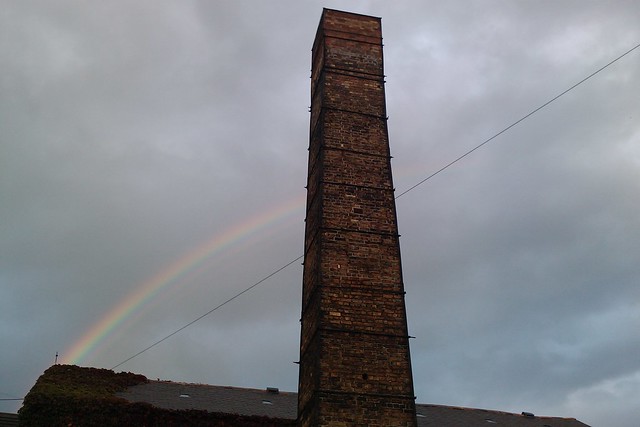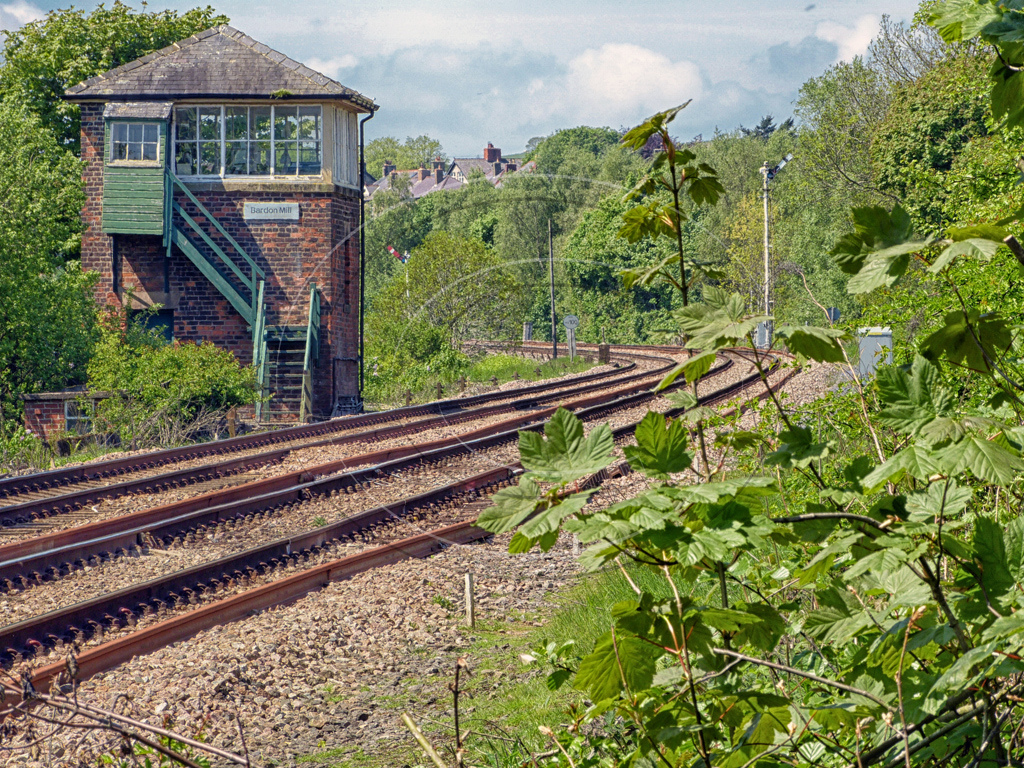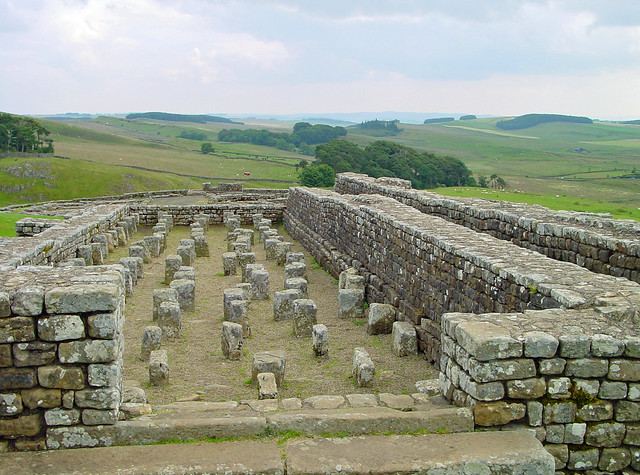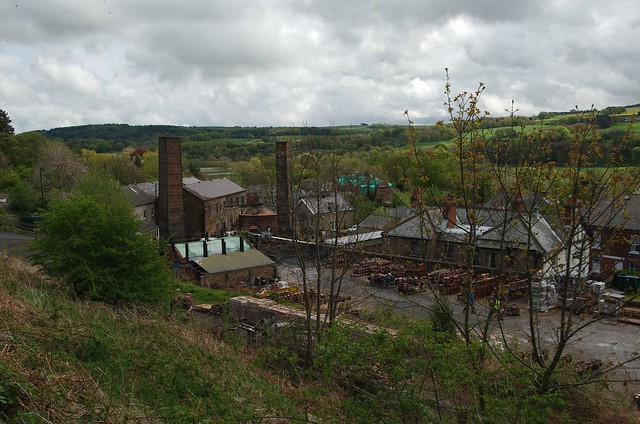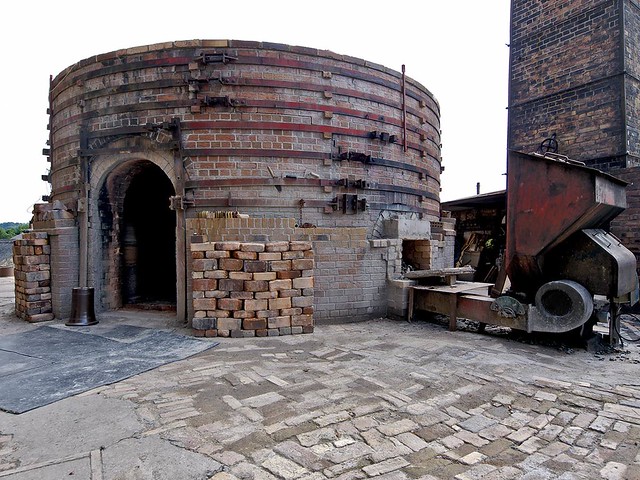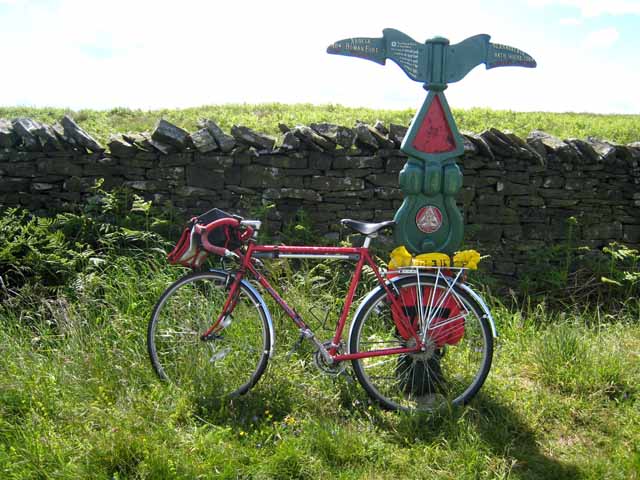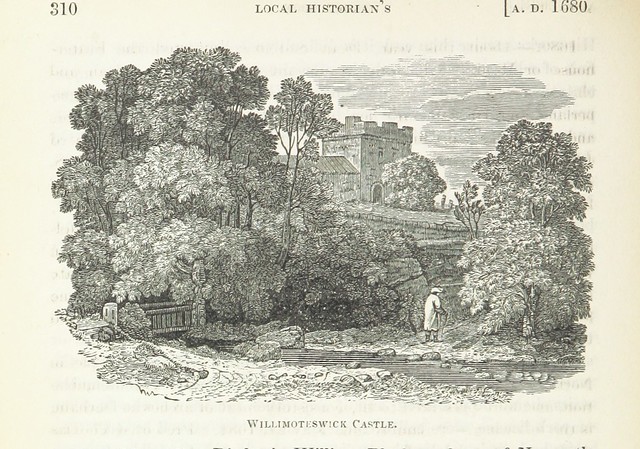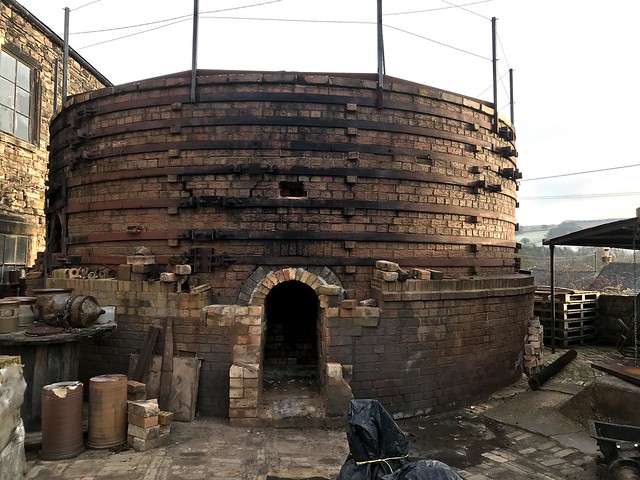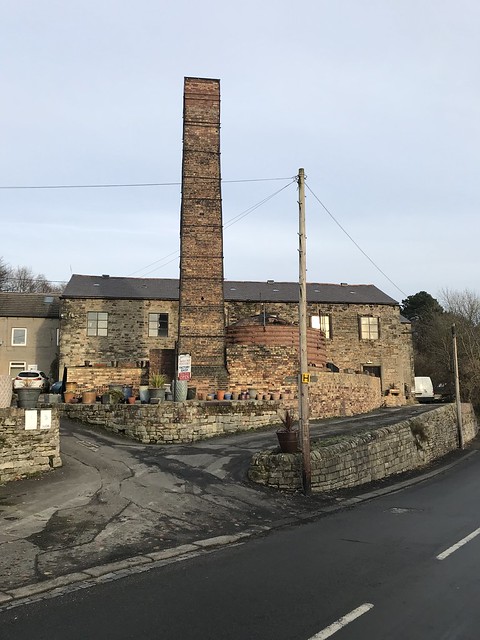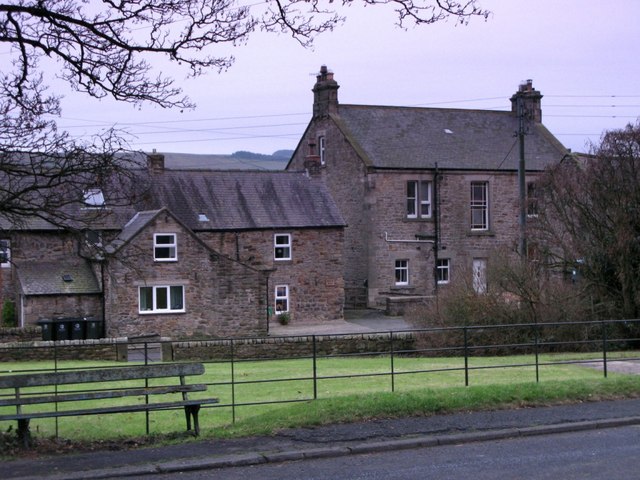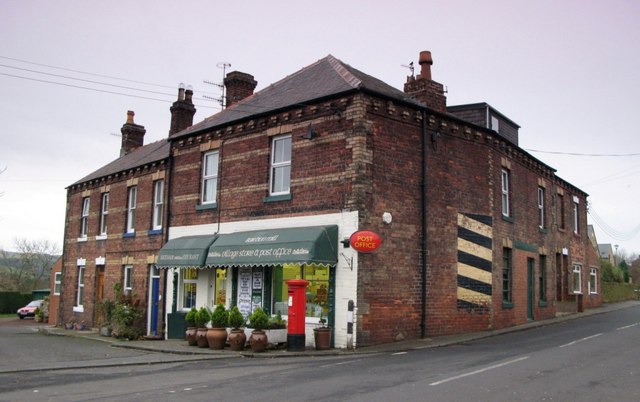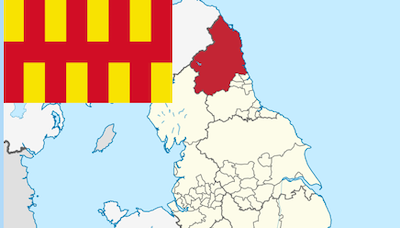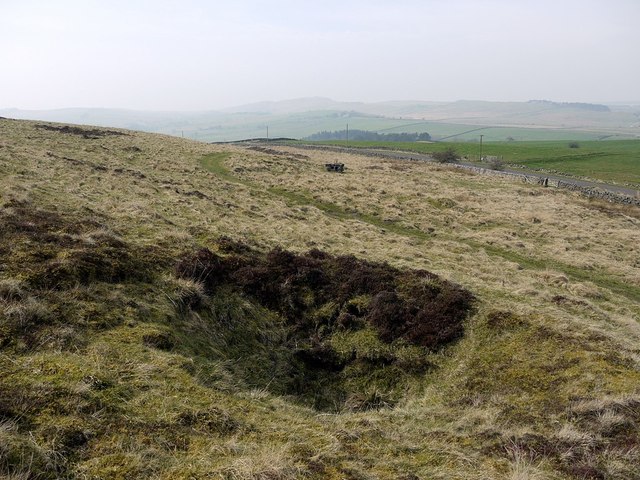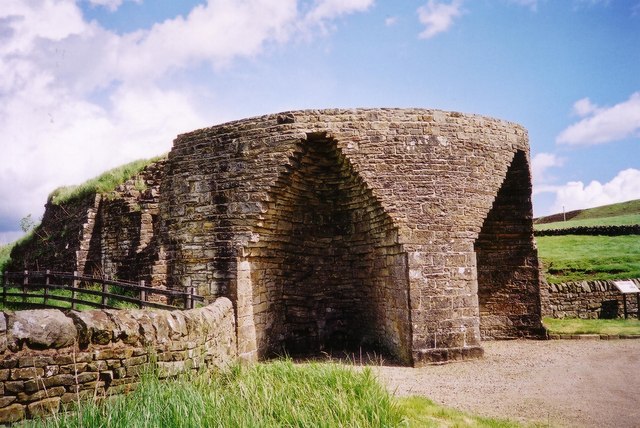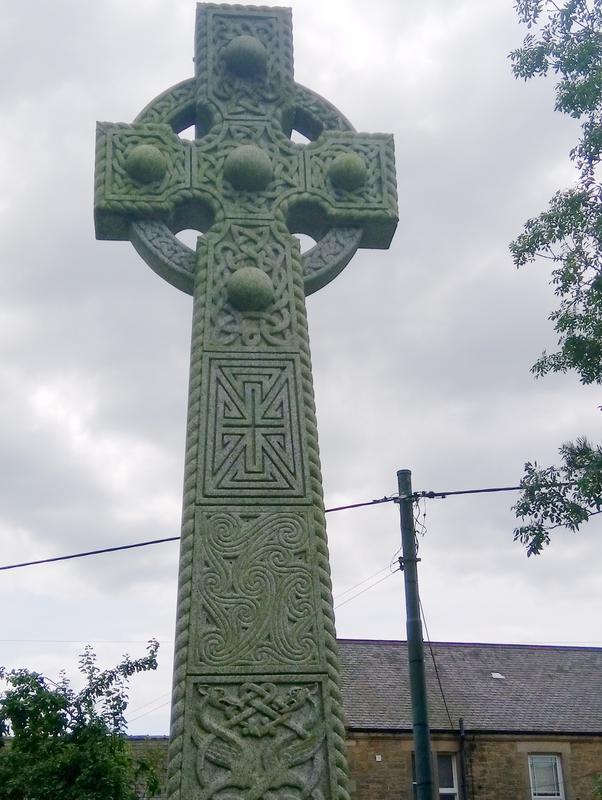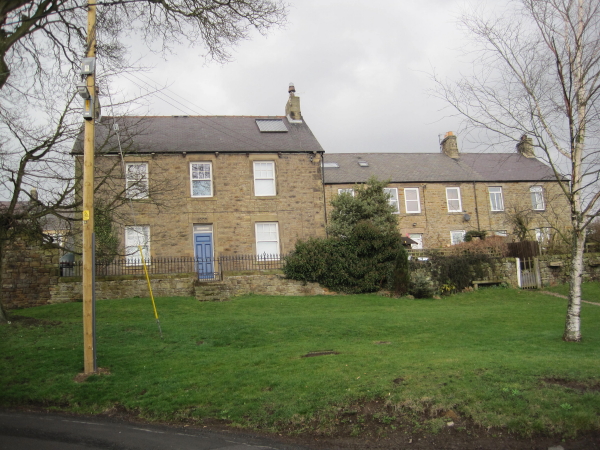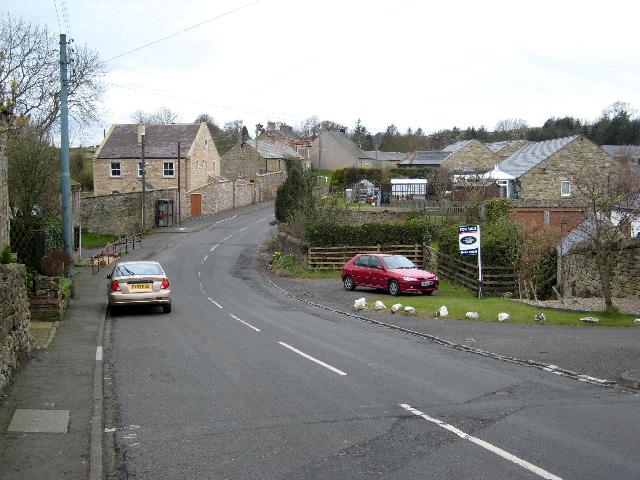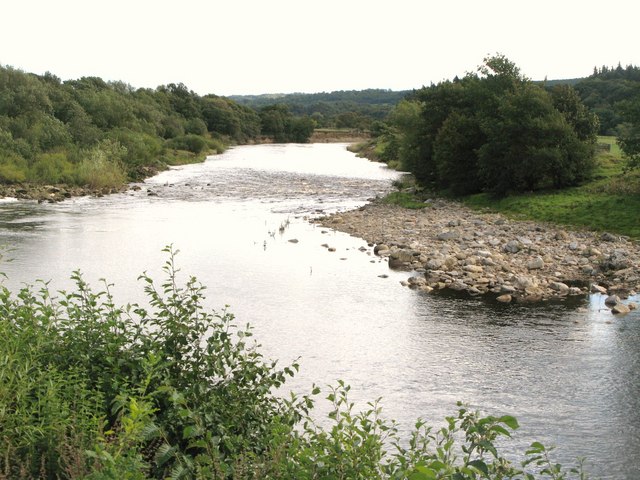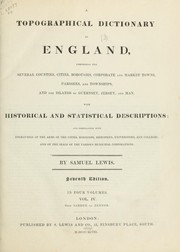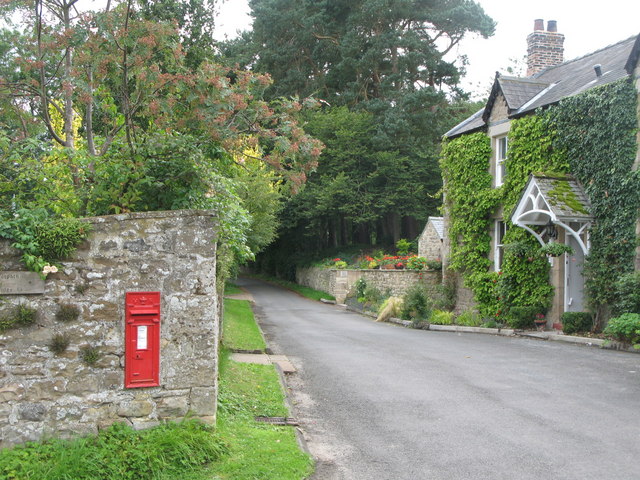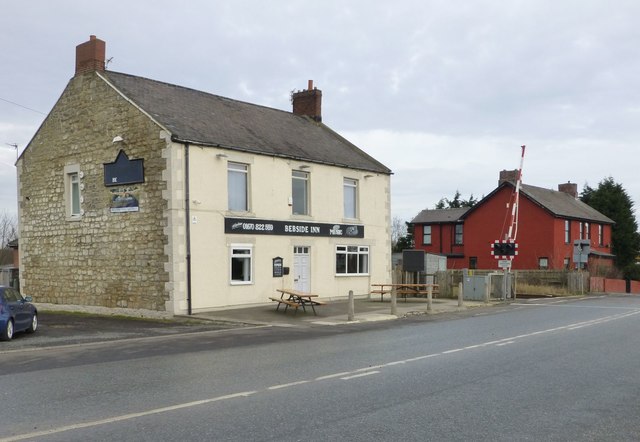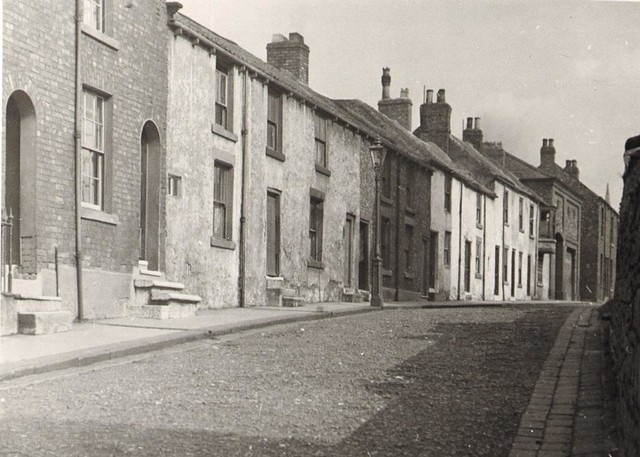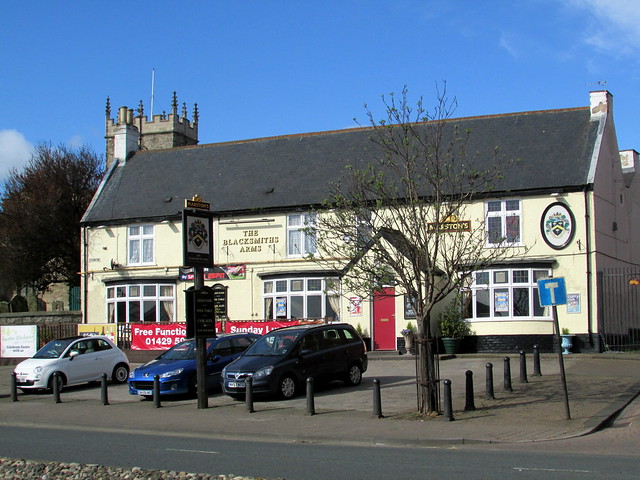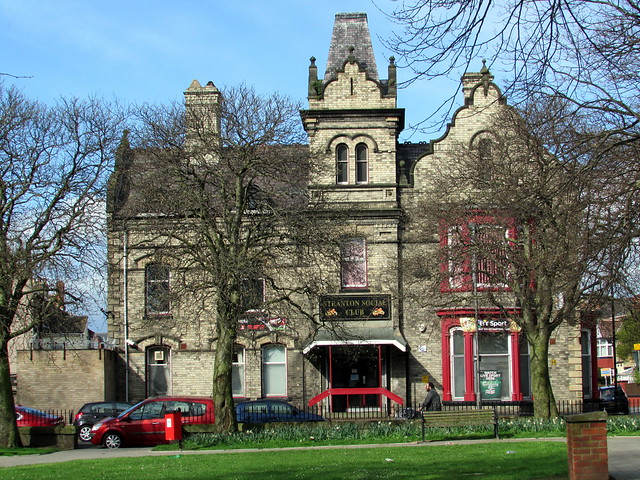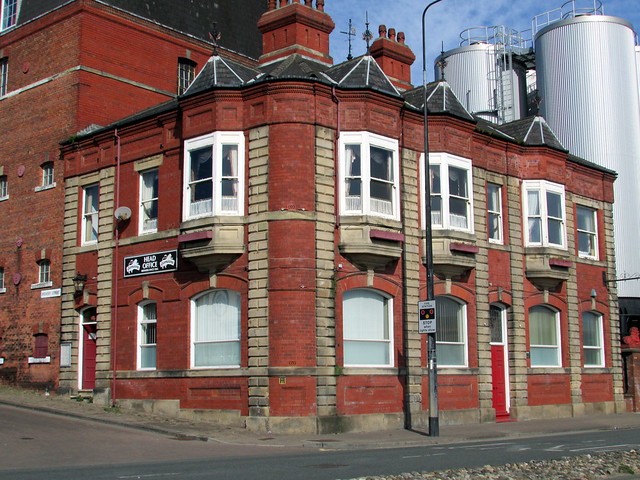Topics > Northumberland > Bardon Mill
Bardon Mill
Bardon Mill is a village in Northumberland, located about 16 miles west of Hexham and 9 miles east of Haltwhistle. It is situated in the South Tyne Valley near Hadrian's Wall and Vindolanda Roman fort. The village has a railway station on the Tyne Valley Line. A water-powered wool mill on Chainley Burn at Baron Mill was established in the 18th century - in 1878 the mill building became used by Errington Reay Pottery, which is still operating today. Bardon Mill Colliery (1940-72) located west of the settlement is now the site of the Village Hall. Historically, Bardon Mill, when it was a smaller hamlet, was part of Henshaw Township in the Ancient Parish of Haltwhistle. Today, the western part of the village including the station area are part of Henshaw Civil Parish. However, the east part of the village and wider area is part of Bardon Mill Civil Parish.
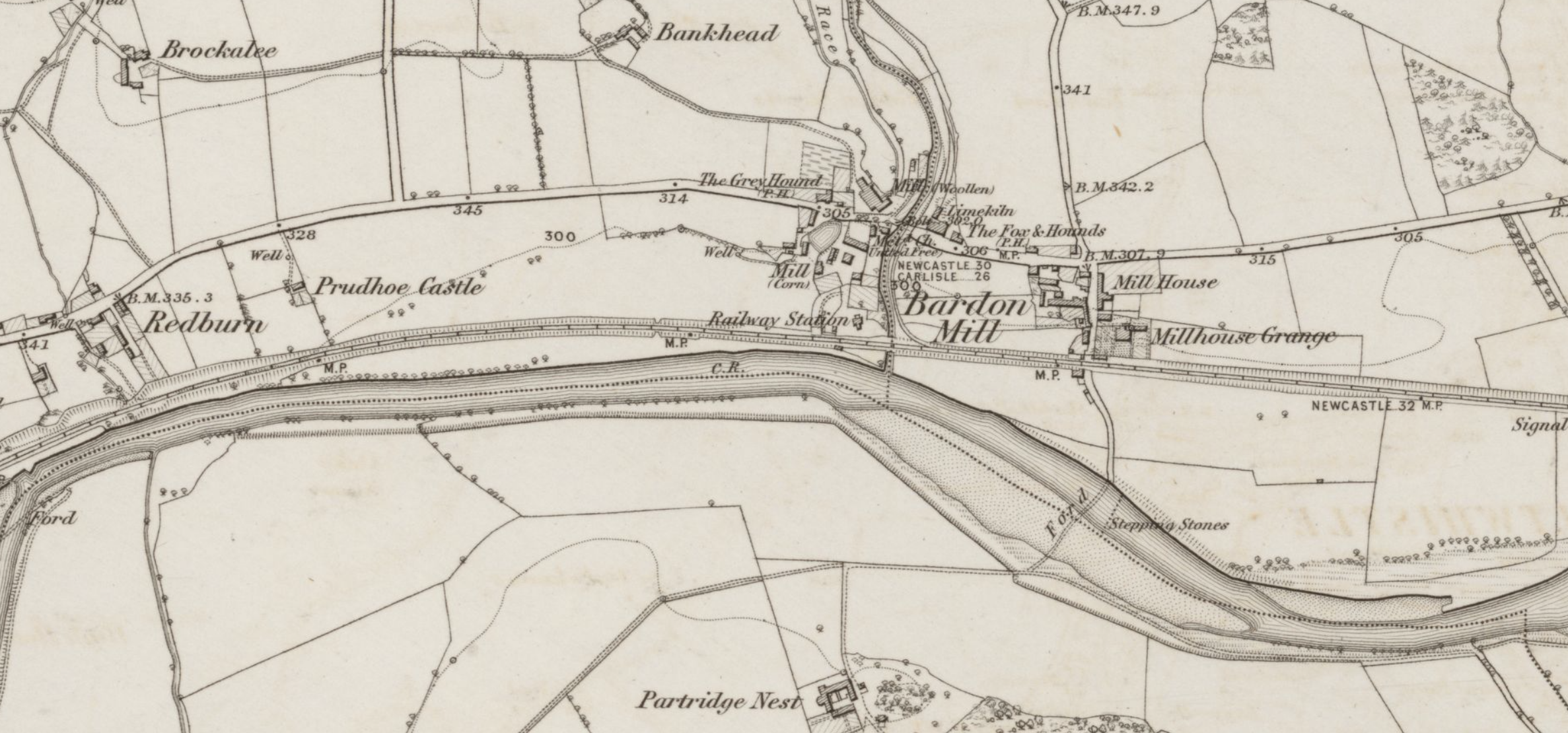
Extract from OS Map showing Bardon Mill, surveyed in 1860.
Bardon Mill is a village in Northumberland, England. It is situated to the west of Haydon Bridge and Hexham, on the River South Tyne.
Governance
Bardon Mill is in the parliamentary constituency of Hexham.
Economy
The only commercial pottery in the UK currently licensed to produce salt glaze pottery is Errington Reay.
Transport
;Rail
The village is served by Bardon Mill railway station on the Newcastle and Carlisle Railway, also known as the Tyne Valley Line. The station is on the south side of the village close by the River South Tyne. The line was opened in 1838, and links the city of Newcastle upon Tyne in Tyne and Wear with Carlisle in Cumbria. The line follows the course of the River Tyne through Northumberland. Passenger services on the Tyne Valley Line are operated by Northern and Abellio ScotRail. The line is also heavily used for freight.
;Bus
The Arriva North East 685 bus which runs between Newcastle and Carlisle also serves Bardon Mill.
;Road
The village is served by the A69 road, which is a major road running east-west across the Pennines, linking Newcastle upon Tyne with Carlisle in Cumbria.
Amenities
The local pub in Bardon Mill is the Bowes Hotel (pictured). The church services alternate weekly between Beltingham and Henshaw churches both of which are very close to the village. There is a very active Women's Institute.
A leek club show is held every year, the produce from which is auctioned along with donations the day after the show. Funds are then donated to local charities. Every October there is the Bardon Mill and Roman Empire conkers championships held on the village green. Local community projects are asked to run a stall at the event to raise funds for either their own projects. These include Growability at Ridley Hall, who provide work experience for adults with learning disabilities and mental health needs.
Landmarks
A little over a mile to the south-west, Willimoteswick Manor is a 16th-century fortified manor house, largely rebuilt in 1900. Just over a mile east of Bardon Mill is Ridley Hall and Allen Banks. Ridley Hall was part of the ancestral home of the Bowes-Lyons, the late Queen Mother's family. Weddings and other functions are often held there including a Burns Night Ceilidh which is organised by the local church. The churches for the area are in Beltingham and Henshaw.
Allen Banks, which were the grounds belonging to the hall, were donated to the National Trust and have 500 acres of riverbank and woodland walks, affording some of the best vistas in the area.
Northumberland National Park is located within a couple of miles of Bardon Mill.
The Northern end of the North Pennines is just a mile or so from here.
Vindolanda Roman settlement is in the parish just over a mile north of the A69. It is a world-renowned site and the location of the finding of the Vindolanda tablets, the oldest 'postcards' in the world. Some of these are to be found in the museum at Vindolanda along with a great many Roman finds from the days of the emperor Hadrian. Hadrian's Wall is located three miles north of Bardon Mill and is a World Heritage Site. Many people come from all over the world to see the Wall and the forts along it, the best preserved of which is Housesteads located three miles from the village.
There is a very popular Hadrian's Wall Path 83 mile trail and also Hadrian's Cycleway which comes into the village.
Notable residents
Lilian Bowes-Lyon (1895–1949), was born and grew up at Ridley Hall, near Bardon Mill. She wrote many poems about Northumberland, including Allendale Dog and Northumbrian farm. She was a cousin of Queen Elizabeth, the Queen Mother (1900–2002) — the widow of King George VI, and mother of Queen Elizabeth II.
Folklore
A nearby farm is reputed to be haunted by the ghost of a robber, who was murdered there in the 14th century. Its last alleged sighting was in 1933.
Visit the page: Bardon Mill for references and further details. You can contribute to this article on Wikipedia.
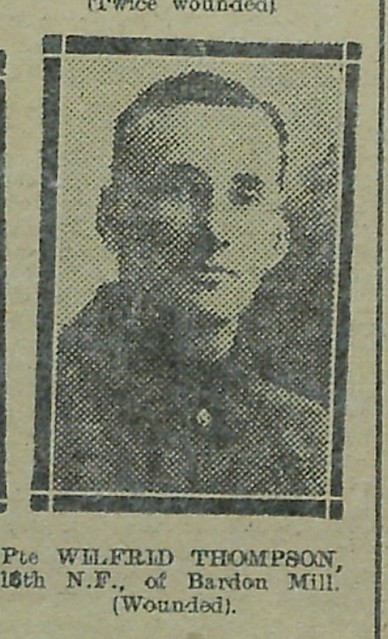
from IllustratedChronicles (flickr)
Thompson, Wilfrid - N.F - Bardon Mill - Wounded
Pinned by Simon Cotterill
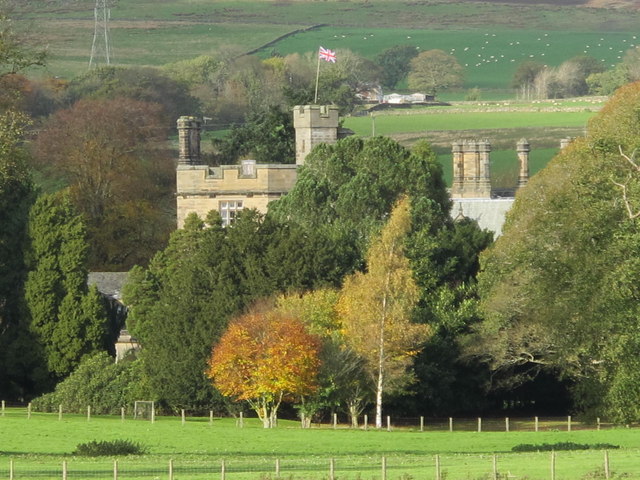
Co-Curate Page
Ridley Hall
- Overview About Ridley Hall Map Ridley Hall is an 18th-century country house, now a residential and conference centre, at Bardon Mill, Northumberland. It is a Grade II listed building …
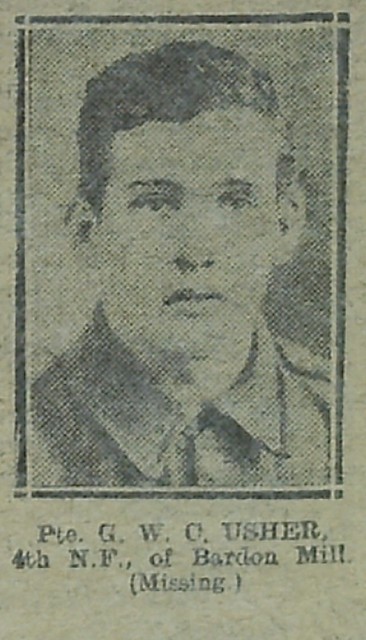
from IllustratedChronicles (flickr)
GWC Usher - 4th NF - Bardon Mill (Missing)
Pinned by Simon Cotterill

from IllustratedChronicles (flickr)
Pte. F. BOWMAN, N.F., Bardon Mill, (Died).
Pinned by Peter Smith
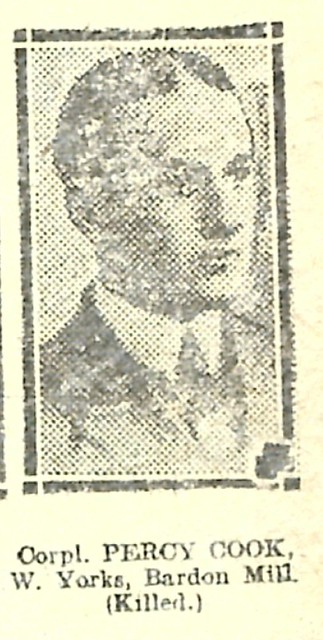
from IllustratedChronicles (flickr)
Corpl. Percy Cook - West Yorks. Regt. - Bardon Mill
Pinned by Peter Smith

from Geograph (geograph)
Mill Cottage on south side of road at east end of Bardon Mill
Pinned by Simon Cotterill

from Geograph (geograph)
Roseburn Cottage at crossroads at east end of Bardon Mill
Pinned by Simon Cotterill

from Geograph (geograph)
Mill House on north side of road at east end of Bardon Mill
Pinned by Simon Cotterill


from IllustratedChronicles (flickr)
Thompson, Wilfrid - N.F - Bardon Mill - Wounded
Pinned by Simon Cotterill

Co-Curate Page
Ridley Hall
- Overview About Ridley Hall Map Ridley Hall is an 18th-century country house, now a residential and conference centre, at Bardon Mill, Northumberland. It is a Grade II listed building …

from IllustratedChronicles (flickr)
GWC Usher - 4th NF - Bardon Mill (Missing)
Pinned by Simon Cotterill

from IllustratedChronicles (flickr)
Pte. F. BOWMAN, N.F., Bardon Mill, (Died).
Pinned by Peter Smith

from IllustratedChronicles (flickr)
Corpl. Percy Cook - West Yorks. Regt. - Bardon Mill
Pinned by Peter Smith

from Geograph (geograph)
Mill Cottage on south side of road at east end of Bardon Mill
Pinned by Simon Cotterill

from Geograph (geograph)
Roseburn Cottage at crossroads at east end of Bardon Mill
Pinned by Simon Cotterill

from Geograph (geograph)
Mill House on north side of road at east end of Bardon Mill
Pinned by Simon Cotterill
